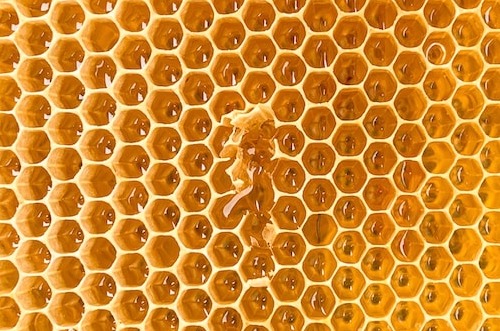
In W31 in the honey landscape, Turkey Beekeepers Central Union (TAB) highlighted a decline in honey production in Turkey, despite increasing bee populations, emphasizing the need to expand honey production areas. Currently, Turkey has around 8.9 million registered beehives and approximately 90 thousand beekeepers. Climate changes have negatively impacted honey production, leading to a projected decrease from last year's 100 thousand metric tons (mt) to an expected 70 to 80 thousand mt in 2023. Pine honey accounts for the largest portion at 40 thousand mt, followed by sunflower with 10 to 15 thousand mt. Additionally, TAB has also developed a project to detect fake honey, collecting samples sent to the Ministry of Agriculture and Forestry for analysis, aiming to distinguish natural beekeeper honey from industrial ones.
Hungary has been advocating for stricter European Union (EU) standards for honey labeling due to the influx of potentially contaminated honey from third countries, causing harm to domestic producers. Given the slow progress at the EU level, Hungary is implementing tighter regulations domestically. Starting August 11, honey mixtures must specify their countries of origin. The flooding of the EU market with cheaper honey from non-EU countries, particularly Ukraine, creates unfair competition for Hungarian beekeepers. Hungary exports 80% of its honey to the EU and faces challenges from cheaper Ukrainian agricultural products that might not adhere to EU regulations, which allows Ukraine to supply the European market at reduced prices.
South Korea is set to implement a honey grading system in September, building on a pilot project launched in 2014. The aim is to enhance the domestic beekeeping industry’s competitiveness and address consumer distrust by improving domestic honey quality. The system will evaluate honey in three grades such as 1+ grade, 1 grade, and 2 grade, based on factors like carbon isotope ratio. Additionally, honey must have the general wheat source flavor, no undesirable odors, and be free from quality-affecting defects. However, being an autonomous rather than mandatory system, this grading will cover less than 20% of total production.
Lastly, the Union of Beekeepers of Primorsky Krai in Russia has established a cooperation agreement with the Institute of Beekeeping in the Chinese province of Jilin. This agreement enables the exchange of experience and collaborative research on bees and bee products between the two organizations.







